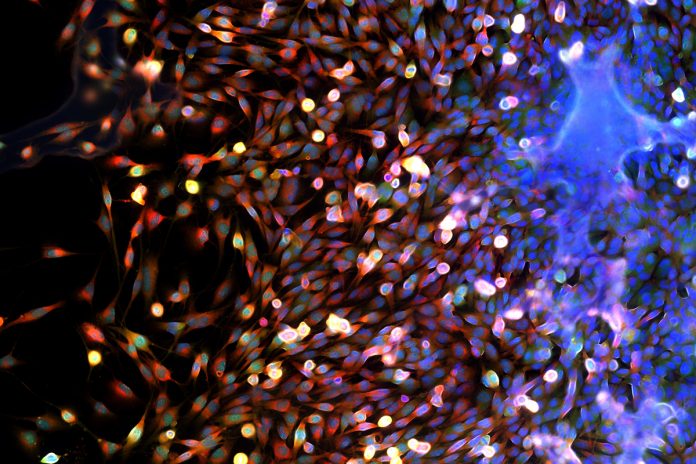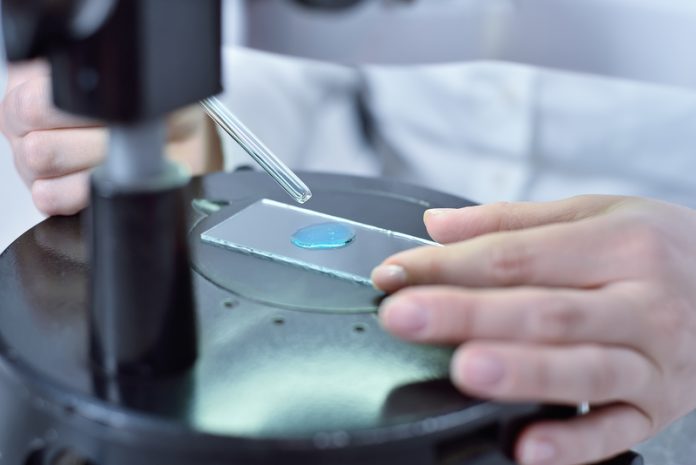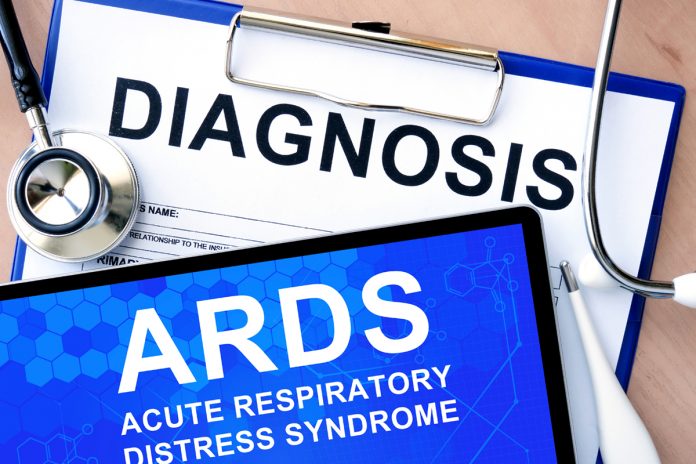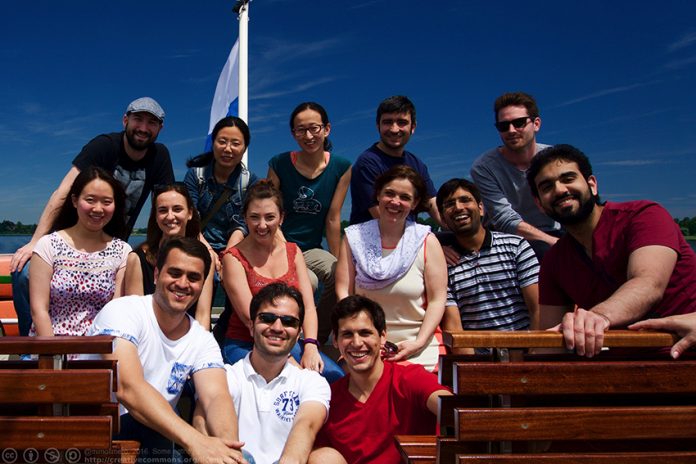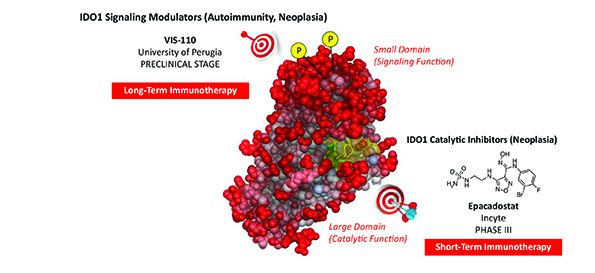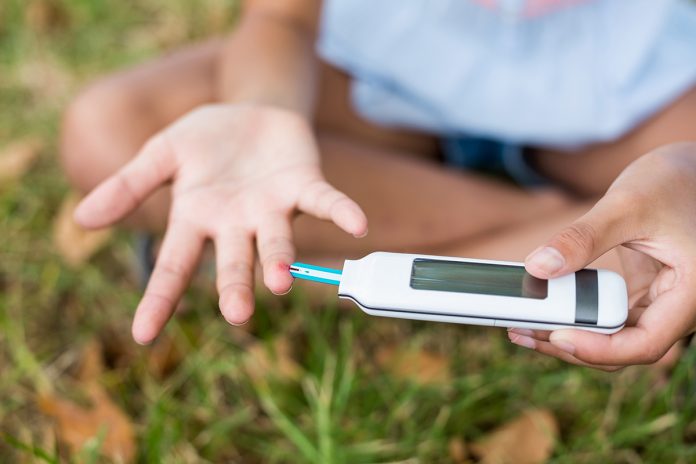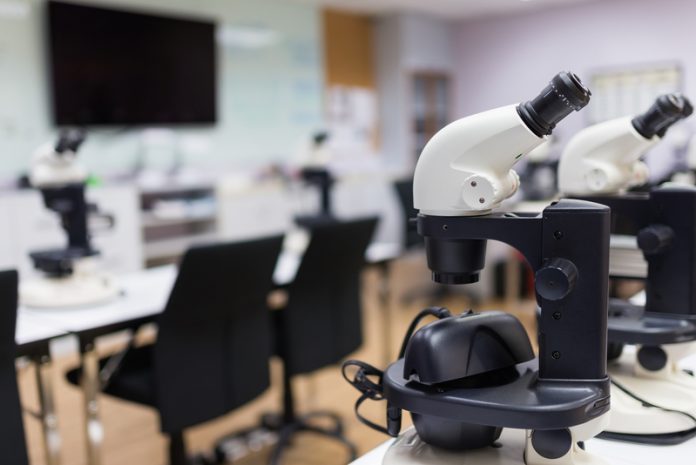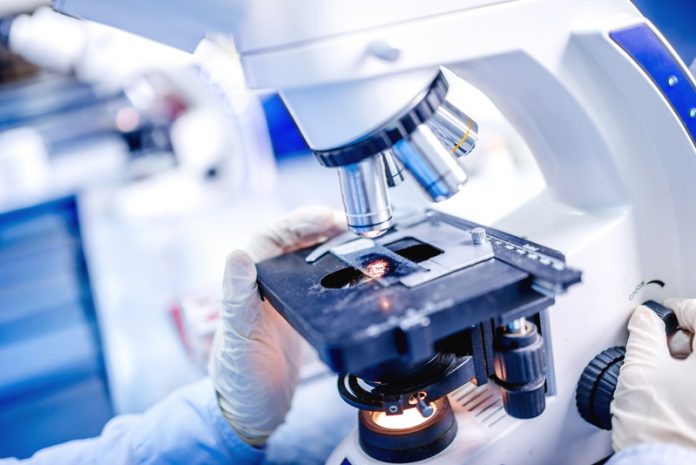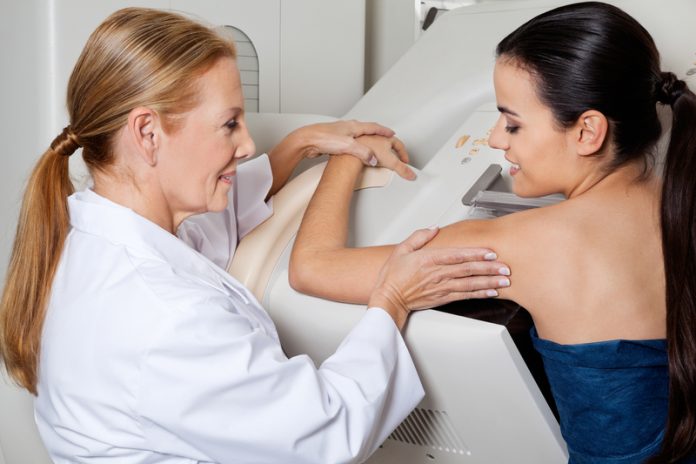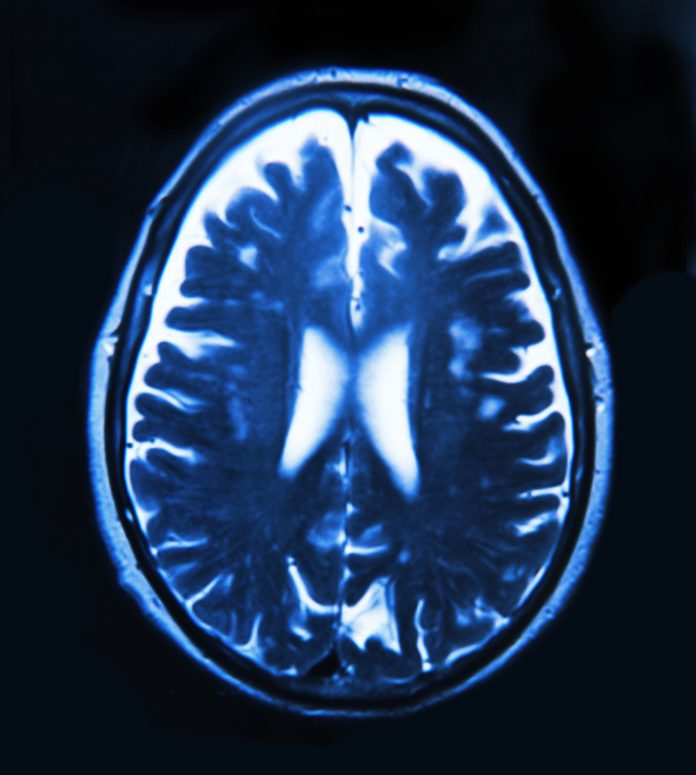Home Search
Stem cell gene therapy - search results
If you're not happy with the results, please do another search
Overview of sensory processing disorder in children today
Cecilia Van Cauwenberghe from Frost & Sullivan’s TechVision Group provides a comprehensive overview of sensory processing disorder (SPD) in children today
Children with sensory processing disorder or dysfunction (SPD) are characterised by the occurrence of inward information in very atypical, diverting modes.
Energising diagnosis and treatment through multi-sensory behaviour and activity...
Early stage diagnosis – spotting early stage cancer events
Cecilia Van Cauwenberghe, Vandana Iyer and Bhargav Rajan from Frost & Sullivan examine of how nanotechnology helps spot early stage cancer
Tumour-host interactions, paediatric sarcomas, and cancer progression
Ivan Stamenkovic, professor of experimental pathology at the University of Lausanne underlines research taking place around cancer progression
Cancer progression, meaning the evolution of localised tumour growth to an invasion of adjacent tissue and dissemination to distant organs is a complex process that is intimately related to interactions between tumour...
Chemical biology: A chance conversation but an important question
Research professor Prof Colin J Suckling OBE DSc FRSE discusses his engagement with medicinal chemistry and chemical biology
New biomarkers of lung injury in ARDS
Associate professor at CHU Clermont-Ferrand, Université Clermont Auvergne, Matthieu Jabaudon highlights the hopeful future for ARDS
How is the UK supporting biotech to create innovative medicines?
CEO of the BioIndustry Association (BIA), Steve Bates explores how the UK government is supporting biotech in order to create innovative medicines
The impact of stroke in young people
Jukka Putaala from the European Stroke Organisation outlines the effects of stroke in young people compared to stroke in the older generation
Biomedical research: crossing discipline borders
Biomedical research crosses borders of disciplines to help shape new imaging approaches, as scientists from Technical University of Munich explain
Health research, from molecules to patients, at DCU
Director of Research Support Dr Ana M Terres notes the importance of health research and the strides being achieved by researchers at Dublin City University
The DIDO Project: autoimmune disease therapies research
University of Perugia’s Ursula Grohmann and Antonio Macchiarulo share the work of the DIDO project in understanding cancer and autoimmune disease therapies
Huntington’s disease: Understanding the impact
Jennifer Simpson of the Huntington’s disease Society of America highlights the disease and how there is still a long way to go before it can be truly understood
Type 1 diabetes: A serious chronic disease
University of Oulu’s Professor Riitta Veijola discusses the impact of Type 1 diabetes on society and the challenges associated with tackling the disease
Gynaecologic research: Improving health for women
Dr. Lisa Halvorson, U.S. National Institutes of Health discusses the importance of gynaecologic research to develop new treatments and keep women healthy
The IMI programmes driving access to innovative medicines
By providing the infrastructure to support drug discovery, the IMI is accelerating access to innovative medicines, as the EFPIA highlights here
Innovation is the lifeblood of the pharmaceutical industry, providing us with the potential to cross new therapeutic frontiers to bring novel medicines to market that benefit patients and deliver...
ProteoLipins and LipoFishins: Novel nutraceuticals and their effects
Dr Ramón Cacabelos, President of EuroEspes Biomedical Research Center, highlights the potential benefits of novel nutraceuticals including ProteoLipins
Pharmacotherapy is a fundamental cornerstone in the global fight against disease worldwide. The value of drug production has grown four times more rapidly than the world’s income. High-income countries dominate in world...
Why non-coding RNA research for cancer is key
Jo Vandesompele, Chief Scientific Officer at Biogazelle, outlines how non-coding RNA research for cancer can help develop a more targeted treatment approach
DNA is the hereditary code that is passed on from parents to their children. Every cell inside our body has the same code that contains the blueprint of...
Breast cancer: prevention and survival
Rachel Clark, Health Promotion Manager, at World Cancer Research Fund, sheds light on breast cancer and how to reduce the risks of developing the disease.
Breast cancer is the most common cancer in women in the UK. In fact, 1 in 8 women will develop the disease at some stage...
Infectious disease is a global problem
Professor Colin J Suckling, Research Professor of Chemistry at the Department of Pure & Applied Chemistry, University of Strathclyde looks at how the recent EU Referendum could impact his institution and research.
Like many British academics, the result of the recent referendum on the UK’s place in Europe was a...
Development of multiple drug resistance (MDR)
Terra G. Arnason and Troy A.A. Harkness from the Departments of Medicine, and Anatomy and Cell Biology at the University of Saskatchewan detail current strategies to prevent or reverse multiple drug resistant malignancy…
Multiple drug resistance (MDR) can be present from the outset (inherent) or develop (acquired) in response to...
The brain health challenge: reducing the economic impact
Prof David Nutt, European Brain Council on the economic impact of poor brain health & how they are calling for new thinking towards how it is treated




